The central theme of the Book is the political developments of the Brahmaputra valley after the Assam Accord (1985) with special references to minority politics and autonomy movements. All these issues and problems were analysed in the larger historical back-ground of this region. Hence, the work depended on a huge historical material and their critical assimilation. Apart from this, the study focused the re-distributive aspects of Assam’s political economy. The author is of the opinion that both the Assam movement leading to the Assam Accord and the Post-Accord regimes have complemented the historical processes relevant to the post-accord militant politics in the Brahmaputra Valley by providing two major contingent factors, one the assimilationist outlook and policies of the dominant section of the Asamiya society and the other, the unevenness in the distribution of the fruits of economic development quite compatible with such out look and policies. The historical profiles of Brahmaputra Valley challenge and short-cut way to solve the problem of growing political unrest in this region in the near future. Two broad directions should be taken into account to solve the contemporary issues of poly-cultural Assam. First, cultural chauvinism and assimilationist polices should be replaced by an imaginative and accommodative policy of social integration by protecting distinct cultural identities and civil liberties. Second, more than increased economic growth ensuring evenness in the fruits of development between tribal and minority dominated areas on the one hand and the culturally, economically and politically developed area on the other seems to be an utmost necessity. This is perhaps most difficult direction to take in the absence of genuine land reforms and appropriate delivery mechanisms. Even today ‘true’ democratic decentralization has not made a decent beginning in this region. But scholars and intellectual of this region began to articulate its importance. This is the only silver lining in the otherwise dark clouds hanging over the Brahmputra Valley today.
Politics in the Brahmaputra Valley Since the Assam Accord
In stock
Free & Quick Delivery Worldwide
reviews
Bibliographic information
Title
Politics in the Brahmaputra Valley Since the Assam Accord
Author
Edition
1st ed.
Publisher
Om Publications, 2007
ISBN
8186867813
Length
351p., Figures; Tables; Appendices; Bibliography; Index; 23cm.
Subjects

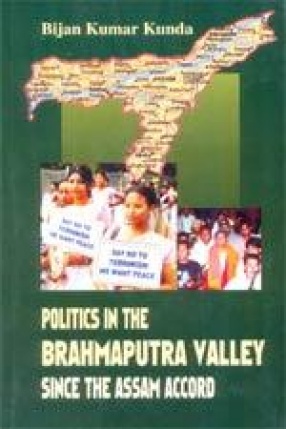

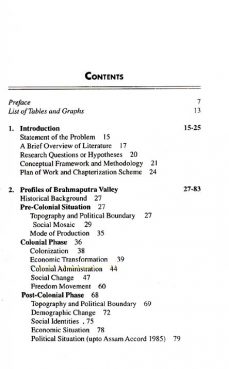
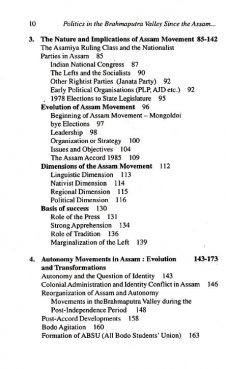
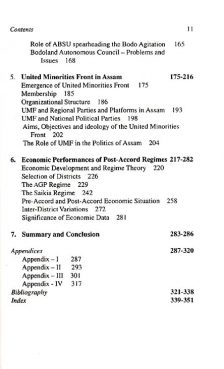
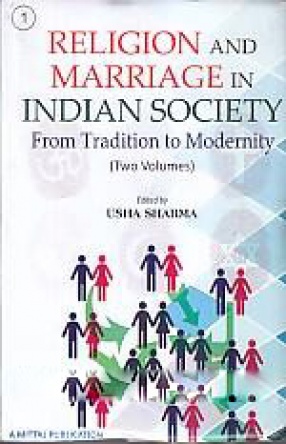


There are no reviews yet.